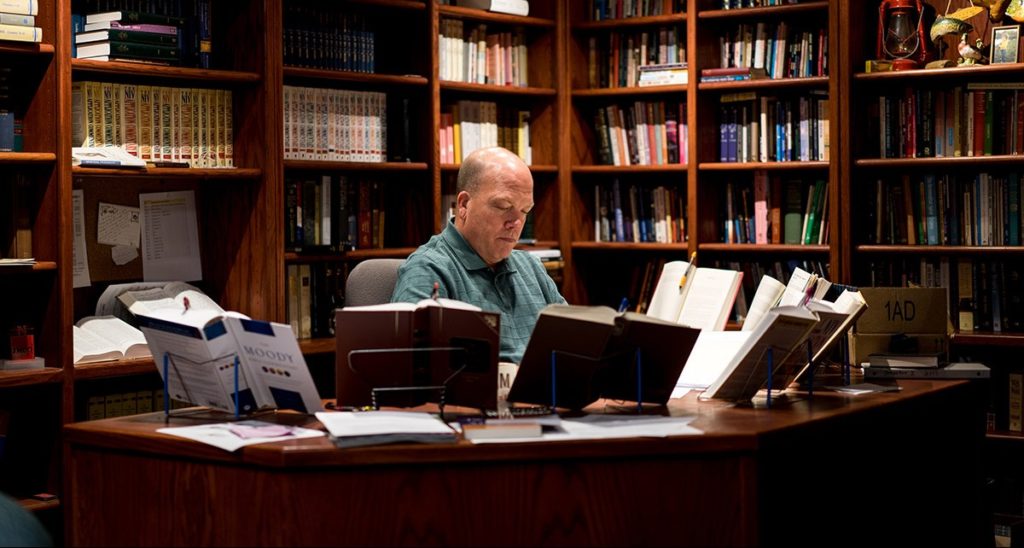
Becky Boesen was teased as a kid.
It wasn’t because she had braces or glasses – she was teased because of her vocabulary.
At the age of 7, Becky described jelly sandals as “superficial” and used all sorts of big words that her peers either didn’t understand or had never heard.
When Becky thinks back to this fact, it makes her laugh, even though at the time all she wanted to do was fit in. But that’s the beauty of her story, she said, and in many ways she’s still that goofy 7-year-old with a big vocabulary and even bigger dreams.
Becky grew up in a western Nebraska home where they watched the 1968 version of Romeo and Juliet on family movie night and argued about politics for the fun of it. Her parents were big on letting Becky draw her own conclusions and defend her opinions. This kind of environment made Becky’s creatively-geared mind explode with possibilities, but it also set her apart from the other kids.
When she wasn’t in school, she was either writing or working at the restaurant that her mom managed. As a 9-year-old, Becky said she learned a lot about human nature while she dipped onion rings and cleared tables.
She’d listen to couples fight, friends catch up and families wrangle their kids.
“That part of the country isn’t necessarily diverse, but the stories are,” she said. “It was like I was watching a movie or a play, and soon I started to think about the people I encountered as characters.”
In junior high and high school, Becky’s family moved from Nebraska to the Ozarks and then back to Nebraska. As her parents dug into their respective jobs, Becky was left with a lot of alone time. She found that writing became the way she tried to understand her new home, school and life.
She would write anything from poems and lyrics to fictional stories to help express herself. It was a way she could get out her teenage angst without having to edit or explain herself to others.
It was during high school that Becky realized her love of language, writing and stories were pointing her toward theatre. She had a teacher who noticed her talents and encouraged her to pursue acting in college, but the thought of making a hobby into a career seemed silly and a little scary.
Becky always figured she’d be a lawyer or politician, so the thought of something so different was overwhelming. Plus, she wasn’t sure how her parents would take the news. While they had never discouraged her creativity, majoring in theatre didn’t fit their idea of a viable career path.
As graduation got closer, the conversations about college grew more intense and involved a lot of door slamming and tears on Becky’s part. The conversation finally ended with her parents giving their blessing for her to pursue theatre and she decided to attend UNL.
During her first semester, Becky quickly found her “tribe.” She loved the fact that there were other word nerds and theatre geeks out there, and she suddenly didn’t feel so alone. The next four years of her life were full of learning and exploration. She got hooked on play writing and always seemed to be working on a new project or trying to figure out how to get her latest work produced.
But no sooner had she jumped in to her degree that her time at UNL came to an end. Becky quickly realized that post-college life didn’t feel as safe as she expected, and she began questioning her work. The pressure of making the ‘right’ decisions led her back to a small town in Nebraska where she stopped writing and eventually settled down and started a family.
She had a good life and was thankful for her family, but things felt off. Becky struggled with depression and after a few years she realized she needed to move back to Lincoln and pursue her passions.
Since returning to Lincoln, Becky’s story has been a roller coaster of jobs, emotions, relationships and goals. She’s experienced loss up close, she’s come to understand the value of family and to appreciate her community.
At the age of 35, Becky said she finally understood how to connect her purpose and passion in a way that was meaningful. She began to write and produce plays with themes related to poverty, family and loss. She began to see her writing as more than just her way to breathe, but as a way to say something, give back and create dialogue in the community.
These days, Becky vacillates between writing, producing and working out the logistics for her business, being the executive director for the Flatwater Shakespeare Company and cultivating relationships with other creatives. She works a lot of long hours and usually doesn’t sleep more than 5 hours a night – mostly because her brain is buzzing with new ideas.
And yet, this chaotic schedule doesn’t seem to bother Becky. It’s what makes her feel alive, what gives life to the rest of her world and what really saved her life. Theatre was her cure for loneliness, and it’s become a way that she can reach back into her community and understand her own story.
The theatre is her safe place. Not because it’s where she feels comfortable, but because it’s where she feels most vulnerable. It’s where she can express her truest self, the part of her self she had a hard time tapping into, but the person she knows she is made to be and the story she is meant to live out.
